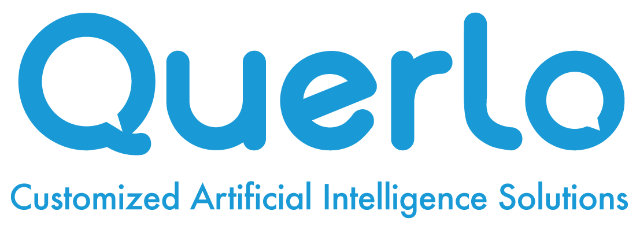How can companies support their employees during these unprecedented changes in our world? Will we ever be able to achieve any sort of normal in the future? Gail Thakarar, CHRO, discussed these questions in an interview with Francesco Rulli, Global CEO of Querlo, about the challenges and opportunities that lie ahead in the post-COVID era and the role of Artificial Intelligence in the future.
Gail started her career in human resources by working with multinational companies to figure out how employees impact the business. She has worked for GE, GlaxoSmithKline, and Countrywide Financial among others. She currently works with startups to see how they can grow their businesses through employee initiatives. Over the last few years, her work has been with midsize and early stage companies that are going through hyper growth.
Millions of people were furloughed or laid off as companies struggled to figure out how to maintain business during the pandemic. Not only does this affect the individuals who can’t work, but more importantly their families who most likely depend on their income to pay for everyday expenses. Even for the people who began working remotely, an endless number of challenges arose as much of the communication between companies and employees was lost. Some of the consequences that Gail noted were finding employment for those who were out of work, learning how to work remotely, figuring out how companies can still engage with their employees, and making sure that companies are aware of the toll that the pandemic has taken on the mental health of their employees.
Gail made it abundantly clear that companies need to realize that COVID-19 has impacted their employees tremendously. Moving into the post-COVID era, it is important that find a way to better support their employees because, as Gail mentioned, the majority of companies are not handling this situation well. Additionally, we all must understand that we may never achieve any sort of new normal. The pandemic has already devastated so many families and has cost millions of dollars for businesses, most of which will never recover.
Looking to the future, Gail believes there will be many different ways to use Artificial Intelligence when working remotely. While she hasn’t seen it used as much in the HR department, it could be useful as a way to engage employees or analyze data.
To learn more about Gail’s work, you can reach her through LinkedIN.




